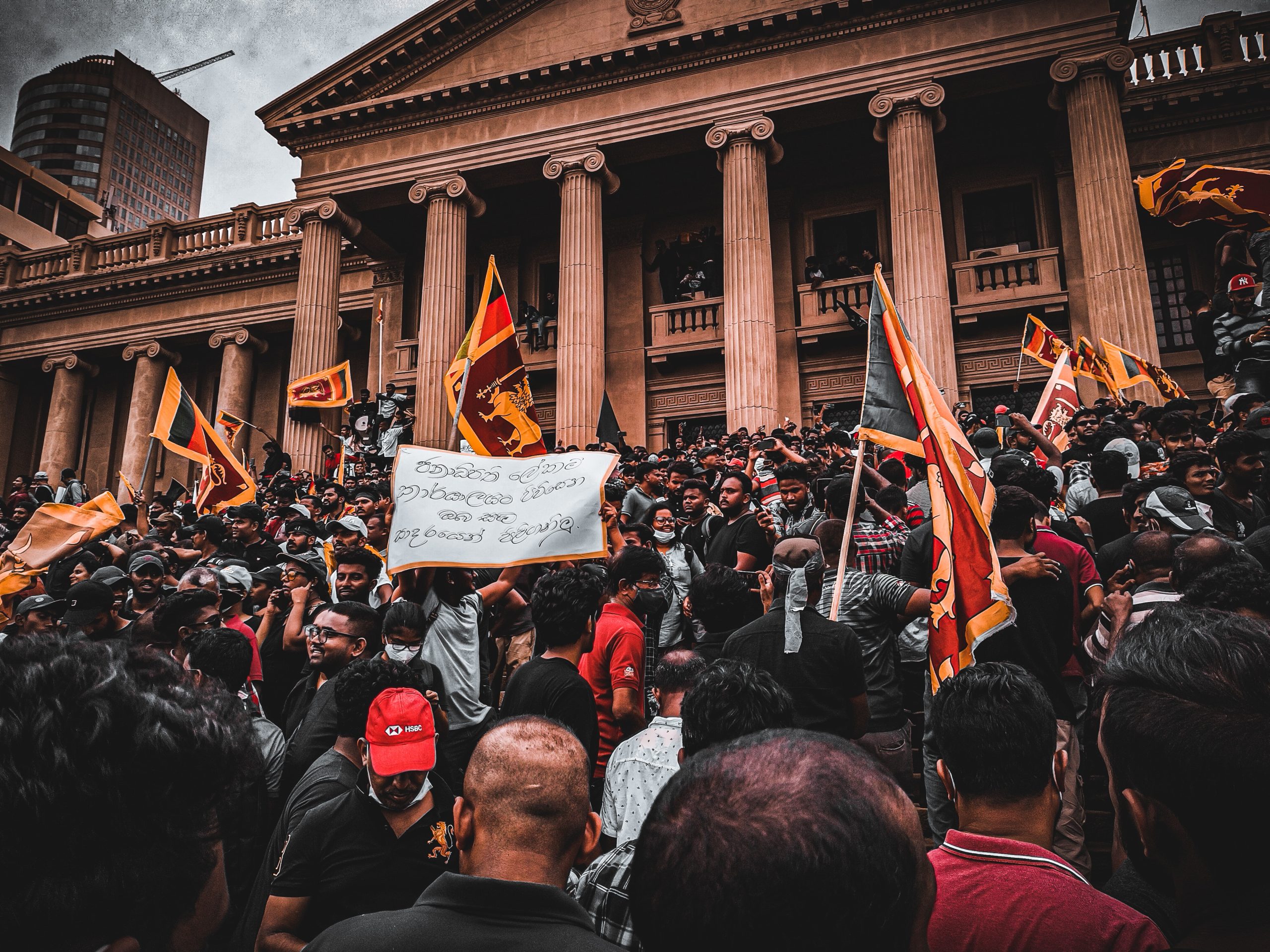Sri Lankan(Transatlantic Today)-On July 21, 2022, the election of the Sri Lankan president had shown that established politics triumph over rebellious social movement efforts.
The election of the most recent Sri Lankan president (former Prime Minister Ranil Wickremesinghe) has set a new precedent for the country’s official electoral procedures.
Following the country’s economic collapse, former president Gotabaya Rajapaksa was blamed and pushed out of office by the native Sri Lankan Parliament. In a spectacular political comeback, the representative of a party that two years ago failed to obtain just one seat in the parliamentary elections was able to win the presidential election.
Now, President Wickremesinghe’s length in power may also come down due to the very same social movement that has vowed to continue the unrest in Sri Lanka (until he is also ousted).
President Wickremesinghe brings over four decades of experience to the role, offering a deep level of understanding about everything that’s currently relevant to constituents and the future of the country.
The citizens’ hope is that he may be able to bring stability to Sri Lanka’s crumbling economy and use his international connections to gain financial aid from other countries.
At the start of his time in office, the president is faced a few more immediate challenges, such as acquiring a steady supply of food and fuel to replenish what was lost at the time of the collapse. He must also attempt to convince the population that he is an ally, and win their willingness to give him a chance at national leadership.
President Wickremesinghe started his tenure by signing a bill in alignment with the International Monetary Fund that could make necessary funds available to replenish and restore resources by the end of the year.
To placate adversarial protesters, the President has stated that he will create a council that will help with the government’s decision-making process. He has pledged that his long-term view for the country would be to abandon the economic policies of his predecessor, which focused on tourism and instead work on increasing the export side of their economy.
It’s important to note that despite these steps forward, Wickremesinghe’s political career is marred with scandals and promises that were never fulfilled. He said he would step down from politics to make way for a new system to be put in place, but did not. He had also vocally supported changing the Constitution to limit presidential powers but has not made any steps forward in this area, either.
Sri Lankan citizens are eager with anticipation and look forward to seeing the new president execute his first steps in the role.


























